These trends are designed to empty your wallet, not fix your body.

The wellness industry looks like self-love. It shows up in eucalyptus-scented yoga studios, adaptogenic lattes, and influencers whispering about alignment and energy flow. It tells you it’s here to heal you—soft, slow, and soulful. But the truth? It’s a capitalist powerhouse that thrives on your doubt. Not enough energy? There’s a powder for that. Skin not glowing? Try a $90 serum. It keeps you buying because it keeps you believing you’re broken.
To be clear, caring about your health is not the problem. But when wellness becomes a full-time project with a credit card minimum, it stops being about healing and starts becoming another hustle. Behind the “treat yourself” language is a system that profits from your exhaustion, insecurity, and endless striving. These ten wellness trends might look like self-care—but they’re really just well-marketed ways to keep you spending.
1. Detox products profit from making you feel dirty.
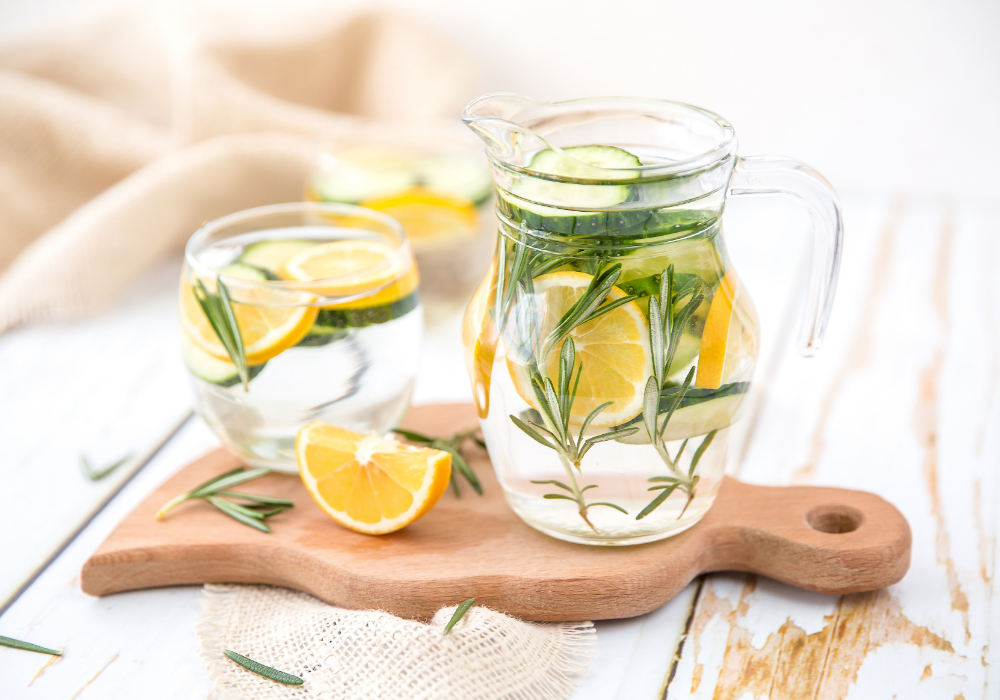
The word “detox” gets thrown around like a magic cure—drink this tea, eat this powder, flush your sins away. But your body already detoxes itself daily, thanks to your liver and kidneys. According to researchers for the U.S. National Center for Complementary and Integrative Health, concluded that there is no compelling research to support the use of ‘detox’ diets for weight management or eliminating toxins from the body, highlighting that cleanses don’t actually help your body detox .
Most of these trendy cleanses just dehydrate you, mess with your digestion, and convince you that you need to suffer to be “clean.” And somehow, the solution always comes in a pricey box with a bow.
It’s not about toxins—it’s about guilt. These products tap into shame about what you ate, how you feel, or how bloated you look, then offer you redemption through restriction. That’s not wellness—it’s diet culture in disguise. If a company’s marketing makes you feel gross so you’ll buy their fix, they’re not healing you. They’re manipulating you. And the only thing getting “cleansed” is your bank account.
2. The supplement aisle is just insecurity in capsule form.

Vitamins, powders, pills, gummies—there’s a supplement for every mood, every goal, every made-up deficiency. You’ll see words like “restore,” “optimize,” and “balance,” but most of it is unregulated guesswork.
Per writers for the NIH’s Office of Dietary Supplements, supplements do not require FDA approval before hitting shelves and “manufacturers are responsible for ensuring their product is safe and label claims are truthful,” meaning many products are sold without rigorous safety or efficacy testing. There’s little oversight and even less science behind many of these miracle mixes. What you’re really buying is the illusion of control over a body that’s probably doing fine without all the boosters.
Sure, some supplements can help in specific situations—but that’s not what’s being sold. You’re being targeted with lifestyle anxiety and subtle fearmongering. Feel tired? Maybe you’re low on B12. Feeling blah? Must be your hormones. It’s not healthcare—it’s hope in a bottle, sold at a premium. Real nourishment usually comes from real food and rest—not a curated shelf full of wellness dust.
3. Boutique fitness tells you it’s self-love—but it sells you shame.
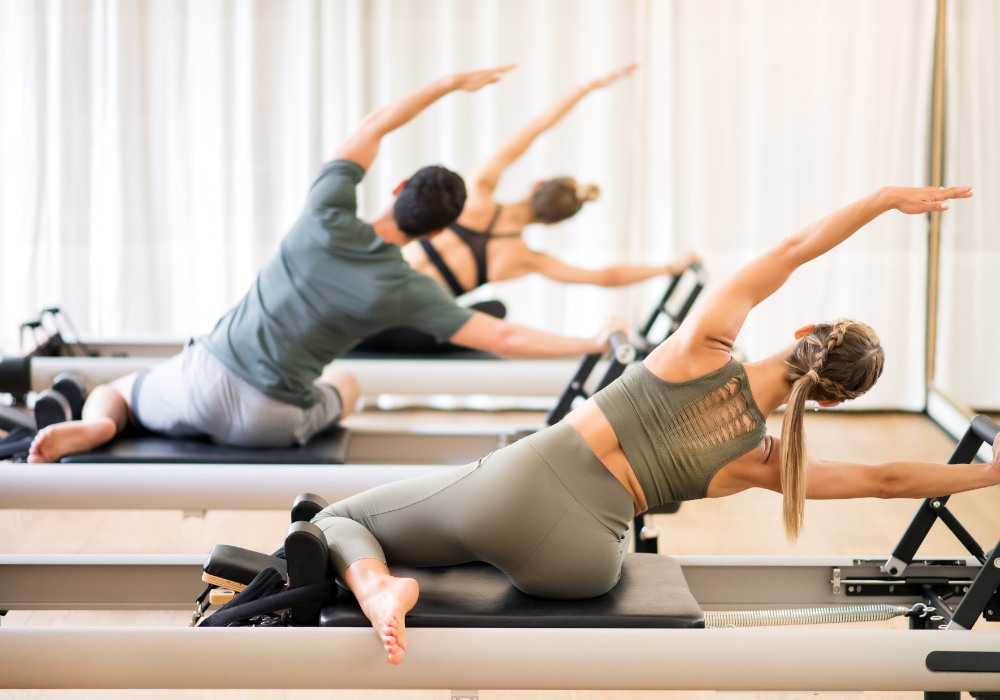
High-end workout classes promise empowerment, but what they often deliver is pressure, comparison, and a monthly membership you can’t afford to skip. You’re not just there to move—you’re there to grind, sweat, and earn your right to feel good. It’s sold as liberation, but wrapped in expectations about what your body should look like. A Medical News Today by Vara Saripalli notes that many people experience “gym anxiety”—a fear of being judged or observed in fitness settings—which can lead to avoidance or heightened stress rather than motivation.
They sell the illusion of community, but it’s often conditional. You belong if you commit. You succeed if you hustle. You’re seen if you change. That’s not movement—it’s marketing. A workout should help you feel present, not punished. But when every burpee is tied to a better version of you waiting at the other end of a credit card, the real goal isn’t your health—it’s your money.
4. The “clean beauty” craze profits by moving the goalposts.
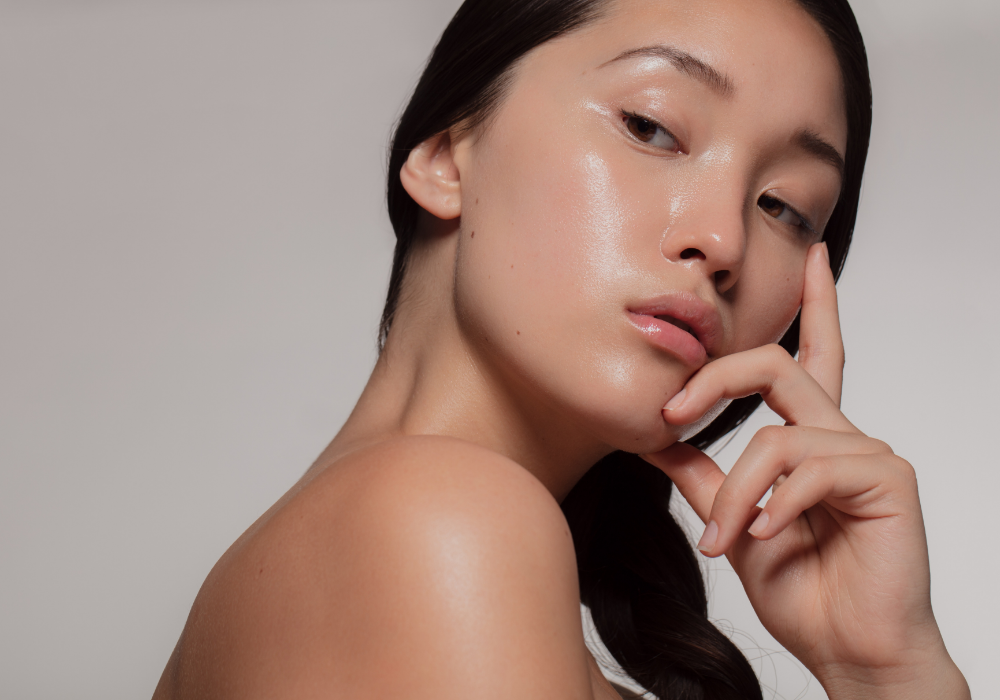
Every month it seems like a new ingredient is suddenly toxic, and a new “must-have” serum is here to save your skin. Clean beauty preys on the idea that your face needs fixing—and that the fix has to be free from parabens, sulfates, and whatever else just became uncool. But most of these rules are marketing, not science, and the fear around ingredients is often more profitable than factual.
The message isn’t “you’re beautiful”—it’s “you could be, if you bought this.” These products aren’t evil, but they are opportunistic. They take your desire for health and twist it into a to-do list of purchases. If beauty is a moving target, you’ll always need something new to catch up. That’s not wellness—it’s a chase. And the only thing it really clears out? Your wallet.
5. Wellness retreats charge thousands for a curated breakdown.

A few days in a tropical villa doing yoga, sipping green juice, and rediscovering yourself sounds dreamy. But wellness retreats often sell a commercialized version of healing that’s curated, controlled, and deeply expensive. You’re not there to relax—you’re there to transform. And if you don’t feel “healed” by day three, it starts to feel like failure.
These retreats package peace as a performance. You journal in groups, cry on cue, and Instagram your smoothie bowls. But healing doesn’t follow a schedule—and true self-work can’t be forced between sunrise yoga and digital detoxing. Real peace is often messy, slow, and free. But you can’t sell that. So the industry turns it into a luxury product, and healing becomes just another thing to buy, perform, and prove.
6. Self-care has become a shopping list with better lighting.
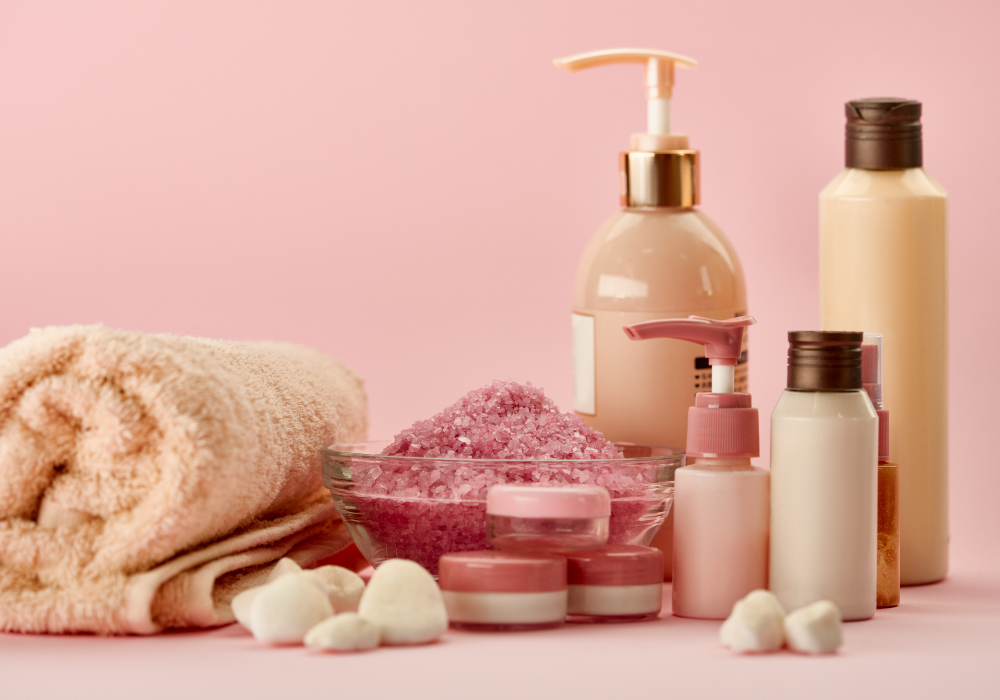
What started as a radical act—rest, boundaries, and recovery—has been hijacked by capitalism and turned into a checklist of stuff to buy. Now self-care means candles, crystals, serums, and a matching set of loungewear. The message is no longer “listen to your needs”—it’s “don’t forget your affiliate code.” You’re told to treat yourself, but the treatment always seems to come in a branded box with shipping fees.
The industry sells relaxation the same way it sells stress: through pressure. You’re not doing self-care unless it’s aesthetic, sharable, and part of your personal brand. But the truth is, rest doesn’t need retail. A nap, a walk, a deep breath—that’s care. But that doesn’t trend, so they keep feeding you the lie that comfort comes with a receipt. Because if you ever felt truly okay, you might stop buying.
7. Wellness tech turns your body into a data project no one asked for.

Track your sleep. Track your steps. Track your hydration, recovery, fertility, and stress levels—all in real time, all with apps and wearables that vibrate on your wrist and remind you you’re never doing quite enough. Wellness tech markets itself as empowering, but what it often delivers is anxiety dressed up as optimization.
Instead of tuning into how you actually feel, you’re now comparing it to a dashboard. Did your ring say you slept well? Did your app say you moved enough? Your body becomes a performance review, and rest turns into a competition. The tech isn’t evil—it can help in some cases. But when you need a device to tell you how tired you are, you’re not in touch—you’re outsourced. That’s not self-awareness. That’s surveillance disguised as self-improvement.
8. Nutrition advice is just rebranded restriction with prettier fonts.

The wellness industry loves to demonize food—but now it does it in soft, pastel tones with words like “reset,” “clean,” and “intuitive” slapped on top. Keto, paleo, intermittent fasting, low-FODMAP, Whole30—there’s always a new eating style marketed as the answer to your bloating, your anxiety, your breakup, your whole identity. And it always comes with a pricey guide, a subscription, or an influencer to follow.
What used to be called dieting is now called “lifestyle change.” But the restriction is still there. You’re praised for control, encouraged to fear entire food groups, and sold the idea that health is measured by what you avoid. Most of these plans don’t have long-term science to back them. But fear sells, and hunger keeps you buying. Especially if the promise is perfection, one macro at a time.
9. Mindfulness apps package ancient wisdom into monthly subscriptions.
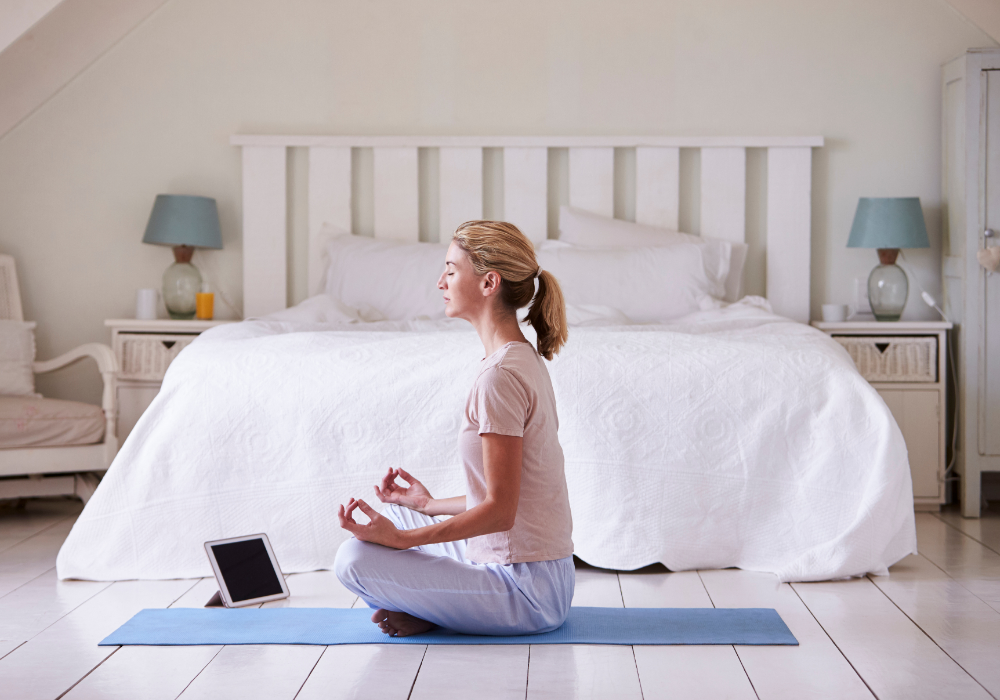
Meditation is free. Stillness is free. But somehow, the wellness industry has convinced us we need guided sessions, seven-day “calm challenges,” and an annual plan just to sit still and breathe. Mindfulness apps offer convenience—but they also gatekeep peace behind a paywall. The message becomes: “You can only access presence if you’re paying for premium.”
And the irony? These apps are often filled with notifications, streaks, and gamified features designed to keep you engaged—not necessarily grounded. You’re encouraged to meditate so you can be more productive, not more human. Real mindfulness isn’t about upgrading your performance. It’s about noticing, pausing, and being okay with silence. That doesn’t need a monthly charge. But in an industry where stillness doesn’t sell, you’ll always be nudged to chase it—just one subscription at a time.
10. The industry doesn’t want you healed—it wants you hooked.

Here’s the hardest truth: if wellness truly worked like it promised, you’d stop needing it. But then how would it make money? The industry is built to keep you in a constant loop of almost-better, nearly-there, just one more product away. You’re not supposed to feel fully healed. You’re supposed to keep striving, optimizing, and fine-tuning.
Every smoothie, every breathwork session, every supplement keeps you invested—but never quite free. Healing isn’t linear, but wellness sells it like it is… as long as you buy the right tools. And if you ever reach a place of peace? There’s a new “problem” waiting to be solved. That’s not health—it’s dependency. And for an industry that claims to care, it sure seems terrified of you being truly well without it.
